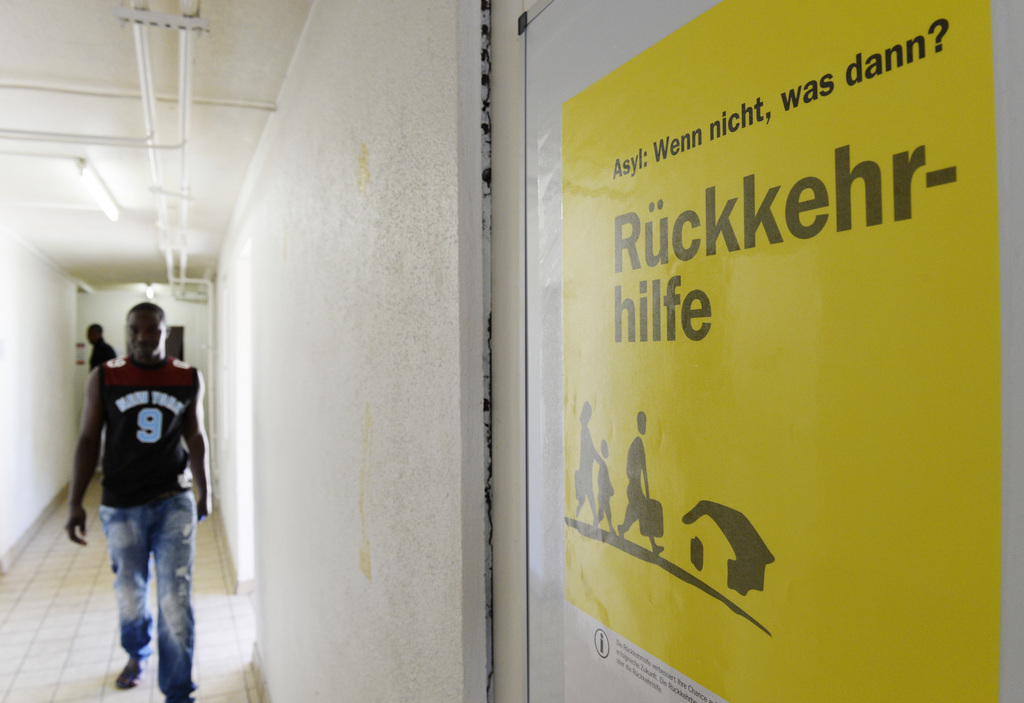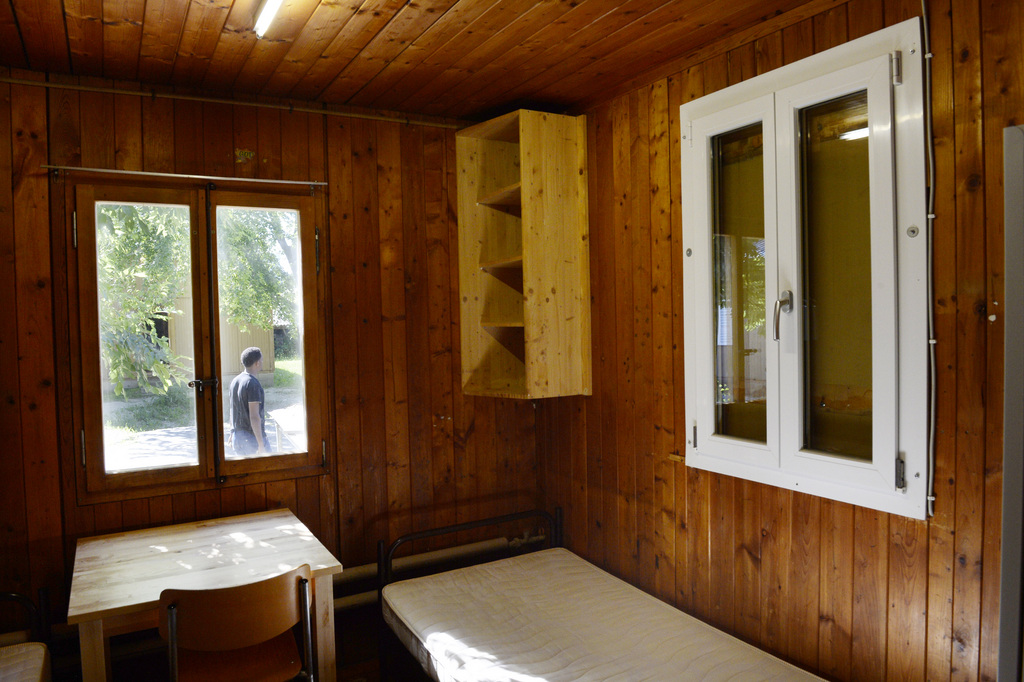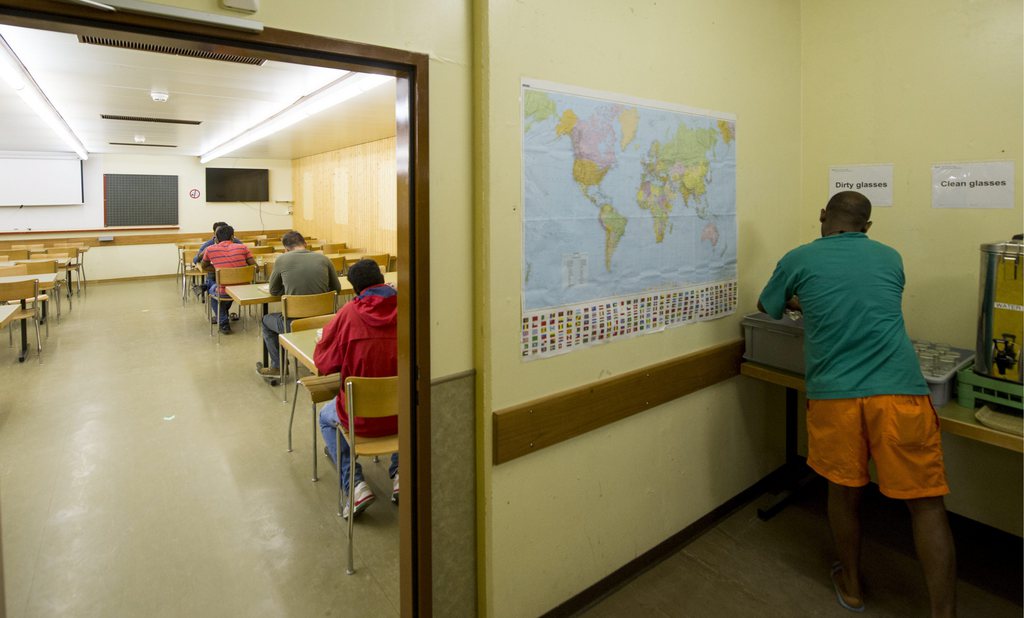Cutting red tape saved time in asylum test project

After ten months of testing, a federal pilot project in Zurich is significantly reducing the length of time it takes to process asylum applications without harming the quality of decision-making, Swiss migration officials say.
But there’s still room for improvement with the fast-tracking, the State Secretariat for Migration said on MondayExternal link. That includes a need to find better ways of handling medical exams and hearing dates and to clarify the duties of legal representatives for unaccompanied minors.
The Juch asylum centre, which opened in January 2014, has been trying to reduce the average processing time for asylum applications down to 140 days, or nearly five months, from the average 700 days that it had been taking. The new centre opened with 300 applicants.
Migration officials said 1,256 cases were examined over the past five months and that the expedited procedures cut the waiting time by almost 30%.
But in September, the cabinet pushed for even faster times; it asked parliament to revise the law with the aim of lowering the average application processing time for simple cases to around 100 days for the majority of cases. It set a maximum 21-day preparatory period to set up a file, organise medical tests or take fingerprints. More complex cases could still take up to a year.
Room to expand
The reforms are based on those in the Netherlands, but one problem still plaguing Switzerland is the need for more capacity in collaboration with cantons and communes, for whom the locations of centres to house applicants can be controversial because of perceptions about security and crime.
Federal authorities have had just 1,400 places in five registration centres and 600 in temporary structures, but they say 5,000 places will be needed for the planned 24,000 annual asylum requests per year.
Since 2008, Switzerland has applied the so-called Dublin agreementExternal link with the European Union, Iceland, Norway and Liechtenstein to ensure asylum applications are seen by just one nation.
The test phase for the Zurich project runs at least until September 28 and a final report is to be issued in early 2016.

In compliance with the JTI standards
More: SWI swissinfo.ch certified by the Journalism Trust Initiative



You can find an overview of ongoing debates with our journalists here. Please join us!
If you want to start a conversation about a topic raised in this article or want to report factual errors, email us at english@swissinfo.ch.